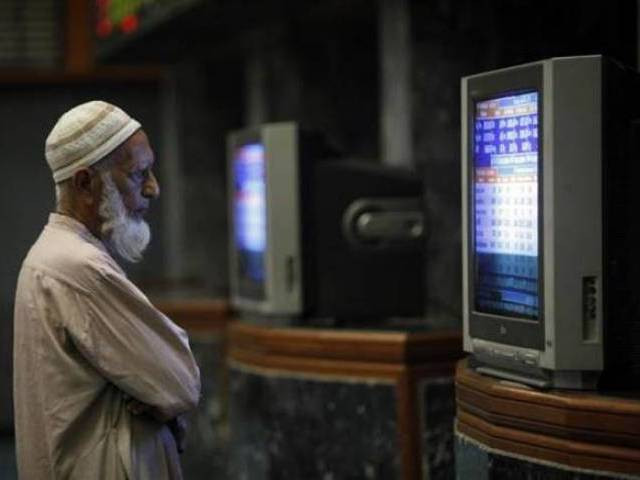Investments spur Pakistan’s corporate sukuk market
Islamic mutual funds held Rs242.7 billion in assets as of December, or 37% of the total

Islamic mutual funds held Rs242.7 billion in assets as of December, or 37% of the total. PHOTO: Reuters
Strong demand for Islamic funds, and in turn sukuk, could encourage other countries trying to deepen their Islamic capital markets, particularly in the Gulf region where private pensions are rare. Pakistan’s Islamic banks lag their conventional peers, holding around 13% of total deposits, while Islamic mutual funds and private pensions have a far greater market share.
Pakistan to repay $6.5b debt over next 15 months
Islamic mutual funds held Rs242.7 billion ($2.3 billion) in assets as of December, or 37% of the total, official statistics show. Almost two-thirds of assets in the country’s voluntary pension system (VPS) are now managed under Islamic principles. All 10 VPS managers offer Islamic pension products, worth a combined Rs14.5 billion, or 63% of total VPS assets with the largest VPS product being sharia-compliant.
Attractive yields, tax exemptions and greater flexibility in choosing external managers have made VPS products popular, which in turn adds to demand for sukuk, said Abdullah Ghaffar, head of investment banking at Al Baraka Bank Pakistan.
“Mutual funds, both fixed income as well as equity funds, have become big time investors in existing and new sukuk issues taking place because of the huge assets under management under their disposal.” Two recent sukuk transactions from manufacturing companies attracted significant interest from such investment funds, while equity funds are also becoming active in initial public offerings, Ghaffar added.
Incentives
Islamic funds screen their portfolios according to religious guidelines such as bans on tobacco, alcohol and gambling, similar to socially responsible funds in Western markets.
Pakistan gets $4.6b in fresh foreign loans
They must also adhere to Islam’s ban on interest payments, which confine them to sukuk for their fixed-income investments, a relatively small market where demand has traditionally exceeded supply. Tax changes have also helped sukuk issuance. In September, Pakistan’s Federal Board of Revenue granted sukuk similar tax treatment to conventional bonds.
Published in The Express Tribune, March 3rd, 2017.
Like Business on Facebook, follow @TribuneBiz on Twitter to stay informed and join in the conversation.



















COMMENTS
Comments are moderated and generally will be posted if they are on-topic and not abusive.
For more information, please see our Comments FAQ